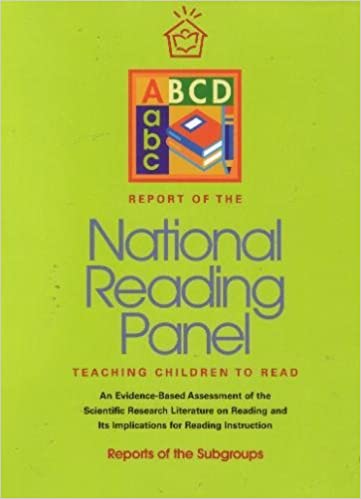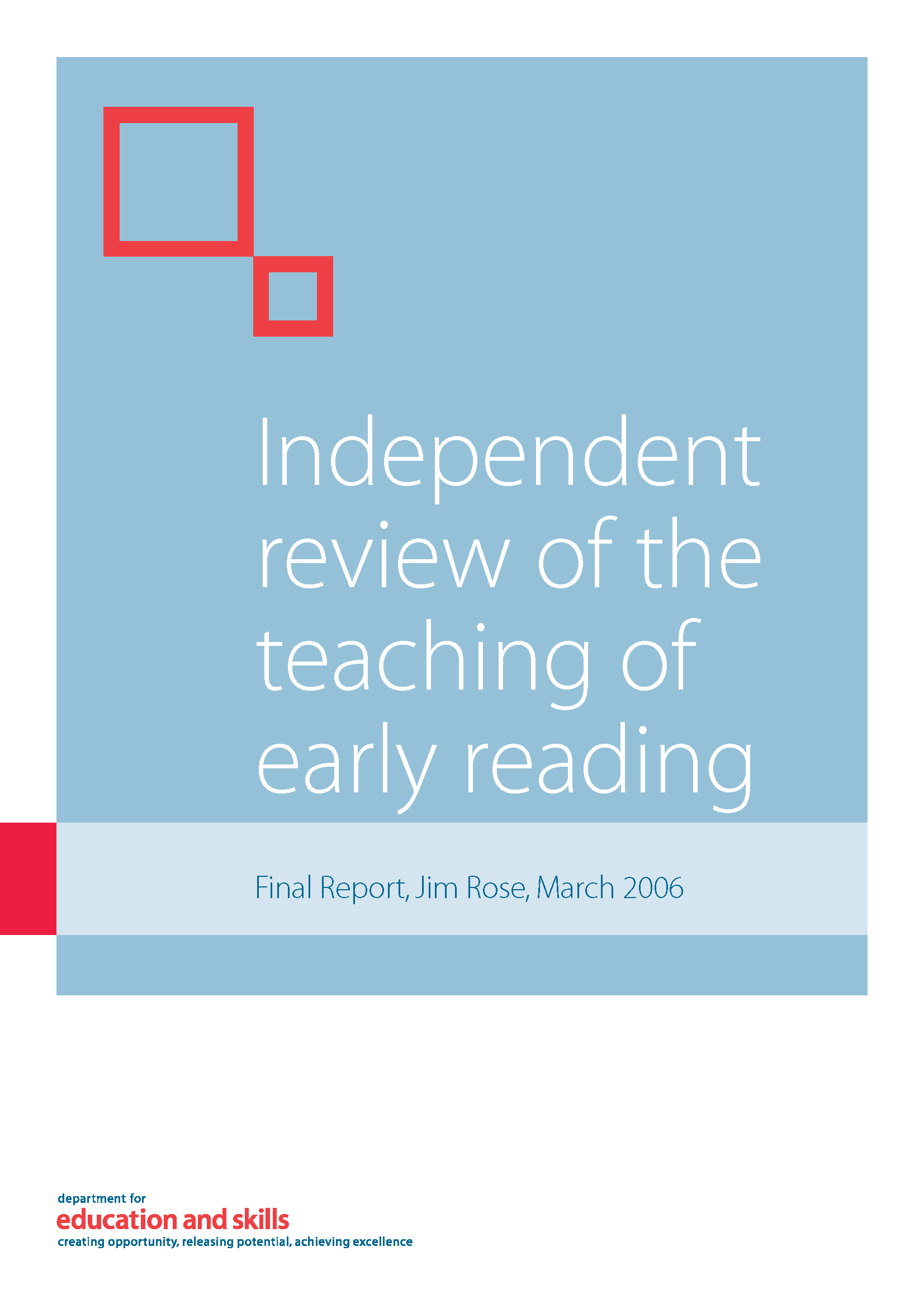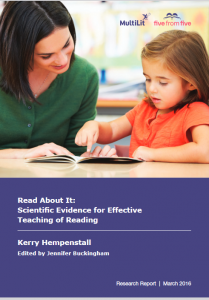NATIONAL AND INTERNATIONAL RESEARCH
The National Reading Panel (NRP) was a United States government body. Formed in 1997 at the request of Congress, it was a national panel with the stated aim of assessing the effectiveness of different approaches used to teach children to read.

The Rose Report was commissioned in the UK by the Secretary of State, Ed Balls, to make recommendations on the identification and teaching of children with dyslexia, and on how to best take forward the commitment in the Children’s Plan. The review constructed a working definition of dyslexia and its characteristics.

Read About It: Scientific evidence for effective teaching of reading
Read how scientific evidence for effective teaching of reading can improve instruction that will have a significant and sustained impact on literacy in the early years.

EARLY LITERACY RESEARCH PROJECT Final Report to the New Zealand Ministry of Education James W. Chapman, Alison W. Arrow, Christine Braid, Keith T. Greaney, and William E. Tunmer.
White Papers on Literacy Education Topics
Explore these research white papers on a variety of literacy topics important to early educators, from the science of reading to writing workshop.
The Science of Reading: Evidence for a New Era of Reading Instruction
With evidence-based instruction, nearly everyone can learn to read. We must rely on the vast body of research—the Science of Reading—to determine what to teach and how.
Read Now
Why Writing Workshops Work: Instilling a Sense of Community and Confidence in Young Writers
The structure of writing workshops offers a way to provide evidence-based writing instruction that helps students increase writing achievement and confidence.
Read Now
Building a Strong Foundation for Learning to Read
The road map for teaching children to read begins with the foundational skills: oral language, vocabulary, print concepts/letter knowledge, phonological and phonemic awareness, phonics, and fluency.
Read Now
Building the Reading Brain
As studies from the fields of neuroscience and neuropsychology have accelerated, significant evidence has mounted underscoring the importance of reading basics for all students.
Read Now
Preventing Reading Failure: The Right Instruction at the Right Time
What steps can education leaders take to get ahead of reading failure? The answer lies in prevention.
Read Now
Creating Better Readers and Writers: The Importance of Direct, Systematic Spelling and Handwriting Instruction in Improving Academic Performance
An extensive and evolving body of research shows that direct and explicit spelling and handwriting instruction is required if all students are to master the mechanics of reading and writing. As these skills become automatic, students are freer to concentrate on the higher-level thinking and communication skills needed for success in school and life.
Read Now
This document was created by Sharon Scurr founder of the deb in August 2021





